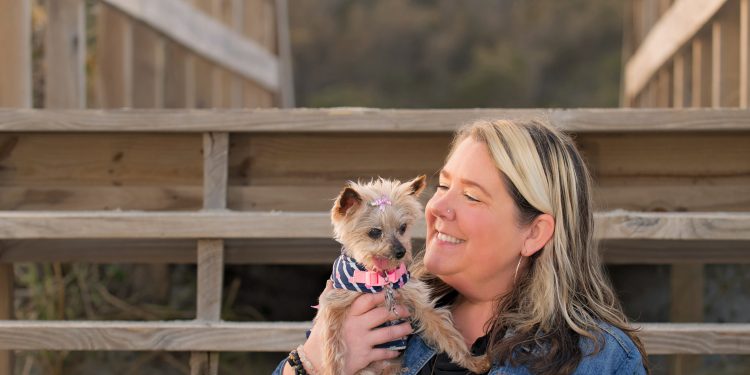by Amy Zellmer, Editor-in-chief
In this issue about balance, we are presented with different ways our balance and gait can be impacted after brain injury and the challenges that can accompany them. After my injury, I had no idea my gait was impaired. I did know, however, that my balance was way off. I would walk into doorjambs and bruised myself on edges of furniture that I knew were there and thought I had given myself the room to navigate.
I didn’t understand how everything was connected until I found functional neurology.
Upon examination it was determined that my gait was quite impaired. Due to my dislocated sternum and other physical injuries, my entire torso and ribcage was twisted. My right leg would drag when I was tired, which I assumed was due to fatigue. It was, but not in the way I thought. My left leg was actually the culprit, and my right leg was trying to compensate for lefty’s inability to keep up. My entire left side was actually impaired, including numbness in my face.
It’s amazing what a functional neurologist can find by just spending time with you and observing you . . . for more than the average 20-minute appointment traditional doctors allow for you. My initial exam with my functional neurologist was two hours and was incredibly thorough.
I had to relearn how to walk — not that I wasn’t able to walk, but I wasn’t walking correctly. I was shuffling my feet instead of taking full steps. My arms weren’t moving while I walked, which indicated a neurological issue. Once it was pointed out to me, I made a conscious effort to move my arms with my gait until it became natural again.
My proprioception was off — this is the awareness of the position and movement of the body and is controlled by the cerebellum.
When our proprioception is off, we may feel like we are “floating” or “rocking,” like we just got off a boat.
When proprioception is impaired, our brain is constantly trying to help us figure out where we are in space (standing up straight, bent over, laying down, etc.). It is exhausting. I liken it to when your computer has 18 different applications open and you can’t figure out why it’s running so slow.
Functional neurology doctors take a “whole body” approach when assessing our brain injury, as the brain literally runs every function in our body. Our eyes, ears, and brain are intricately interconnected and it is important to find a doctor that understands how all the nuances work, and how they may present themselves if they are not working properly.
There is always room for improvement, no matter how far out from your injury you may be. I struggled for two-and-a-half years when I finally received the right treatment. Never lose hope, and continue to push for answers and treatments!
Amy Zellmer is an award winning author, keynote speaker, and TBI survivor and advocate. She is Editor-in-chief of The Brain Health Magazine, and hosts the Faces of TBI podcast series, as well as TBI TV on YouTube.











